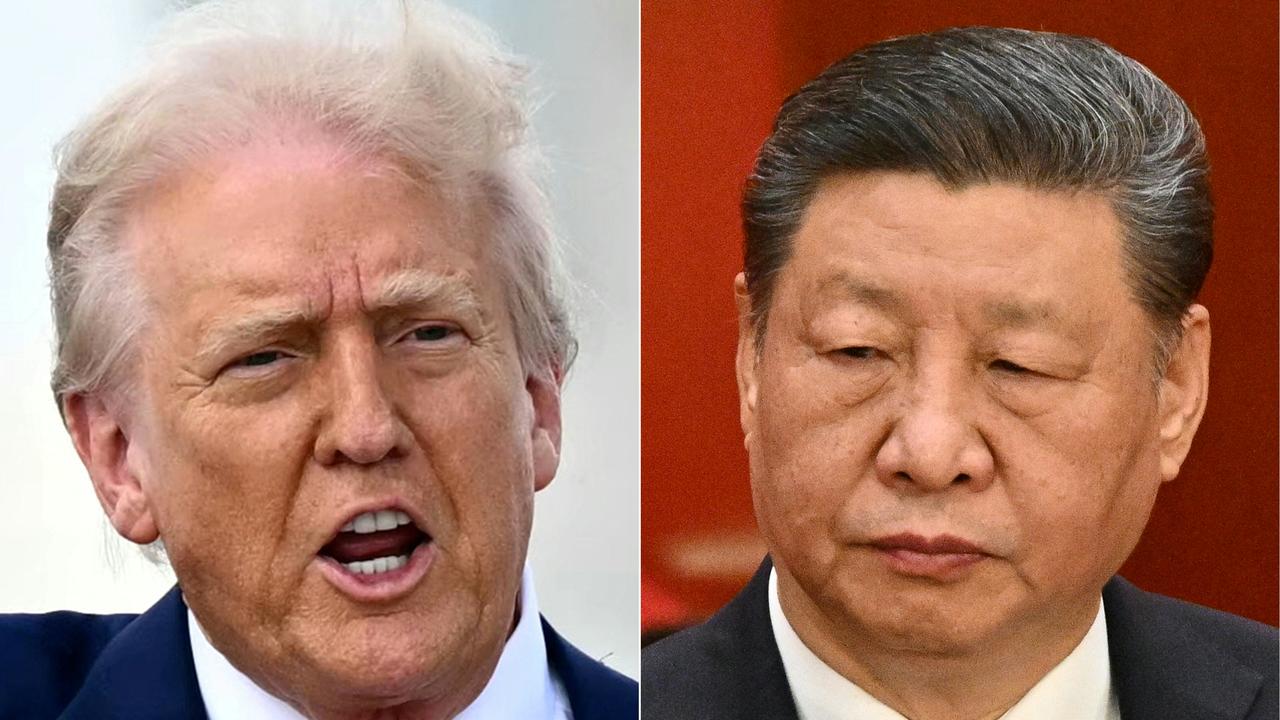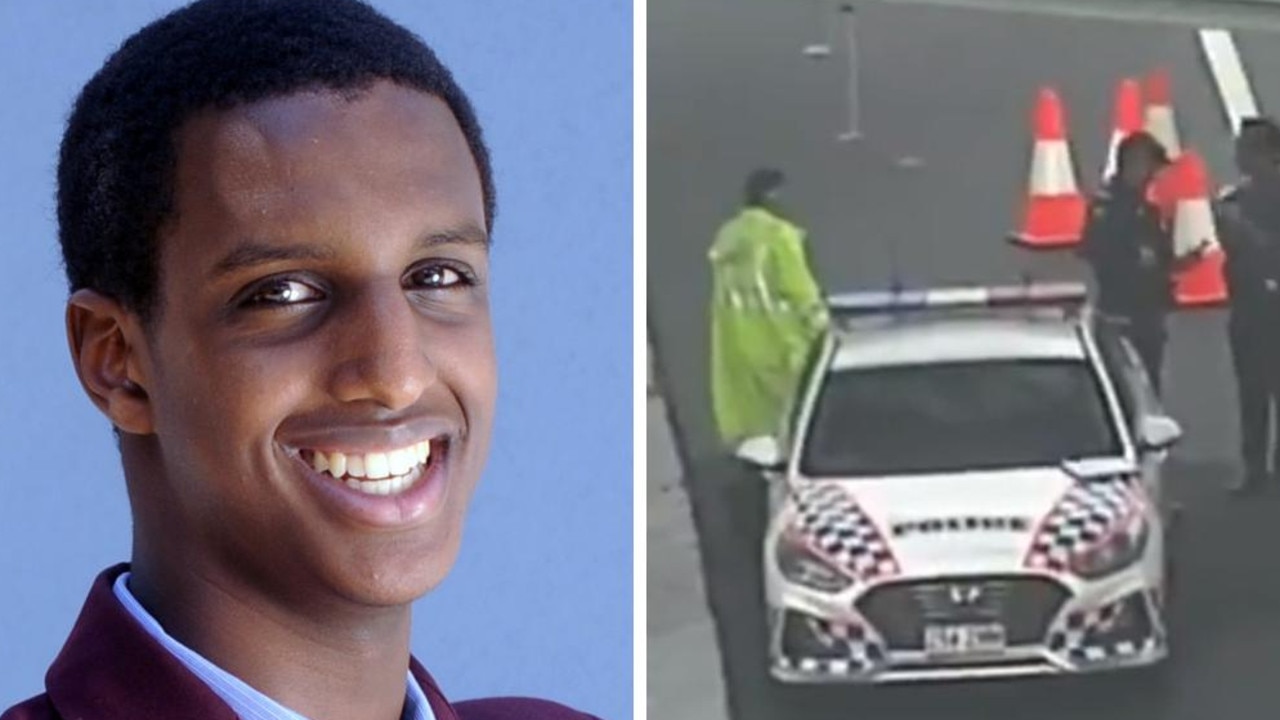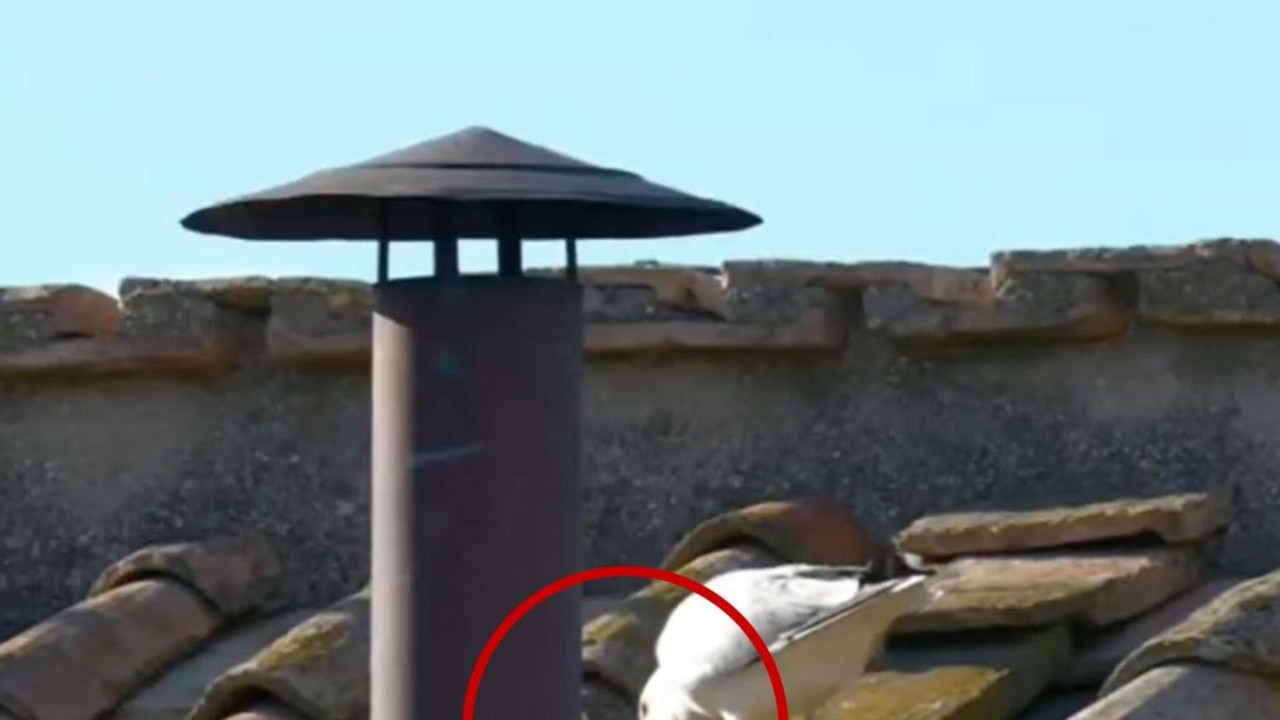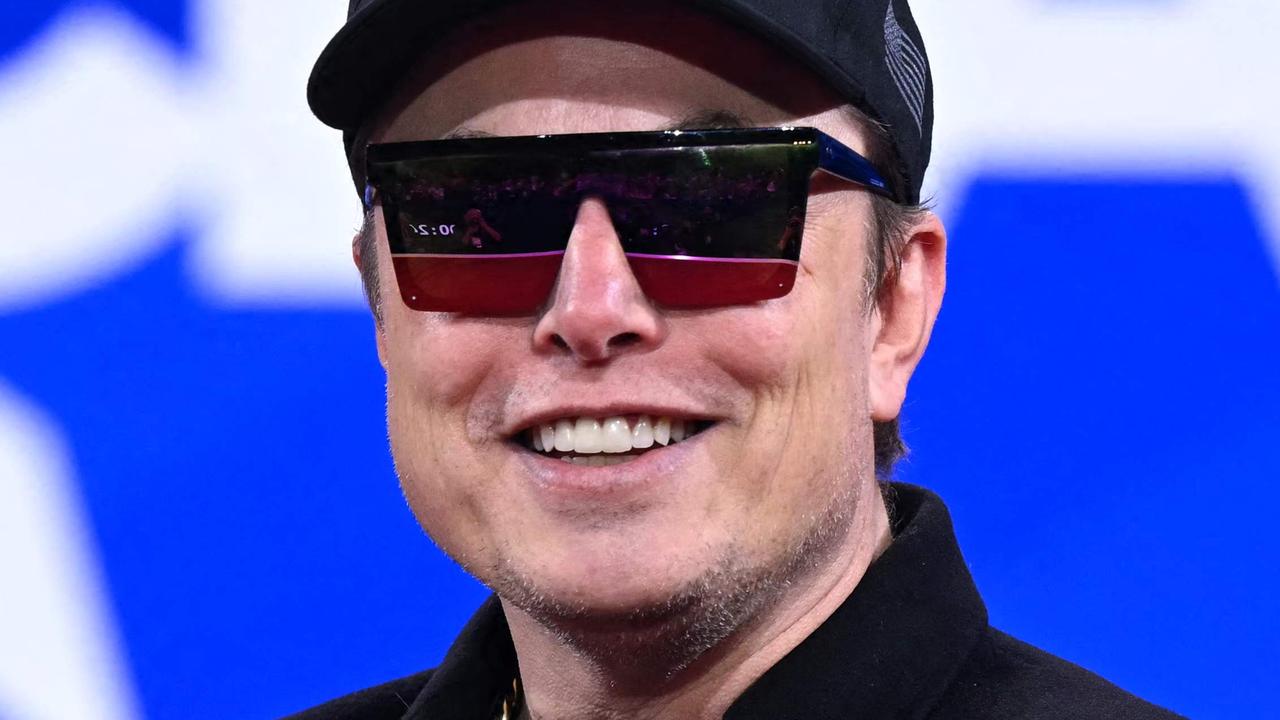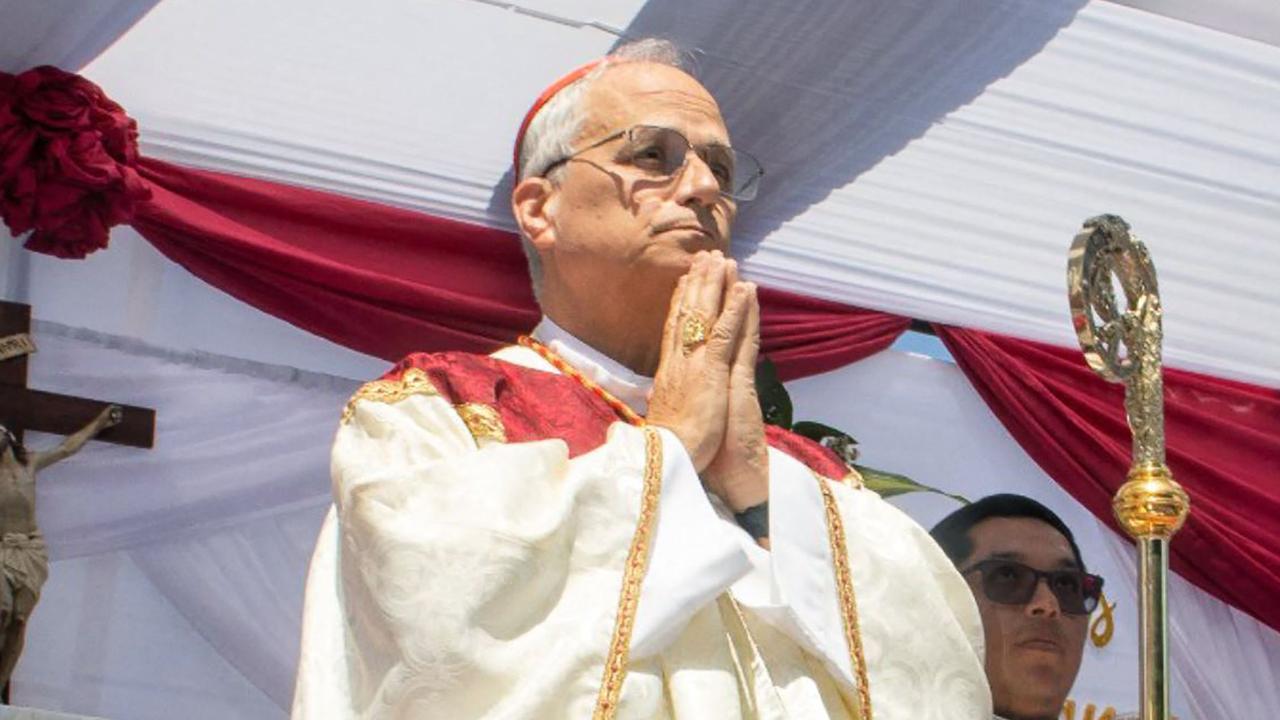Why popes change their names as Robert Prevost becomes Leo XIV
Robert Prevost became Pope Leo XIV after cardinals from around the globe chose him as the first American leader of the world’s 1.4 billion Catholics.
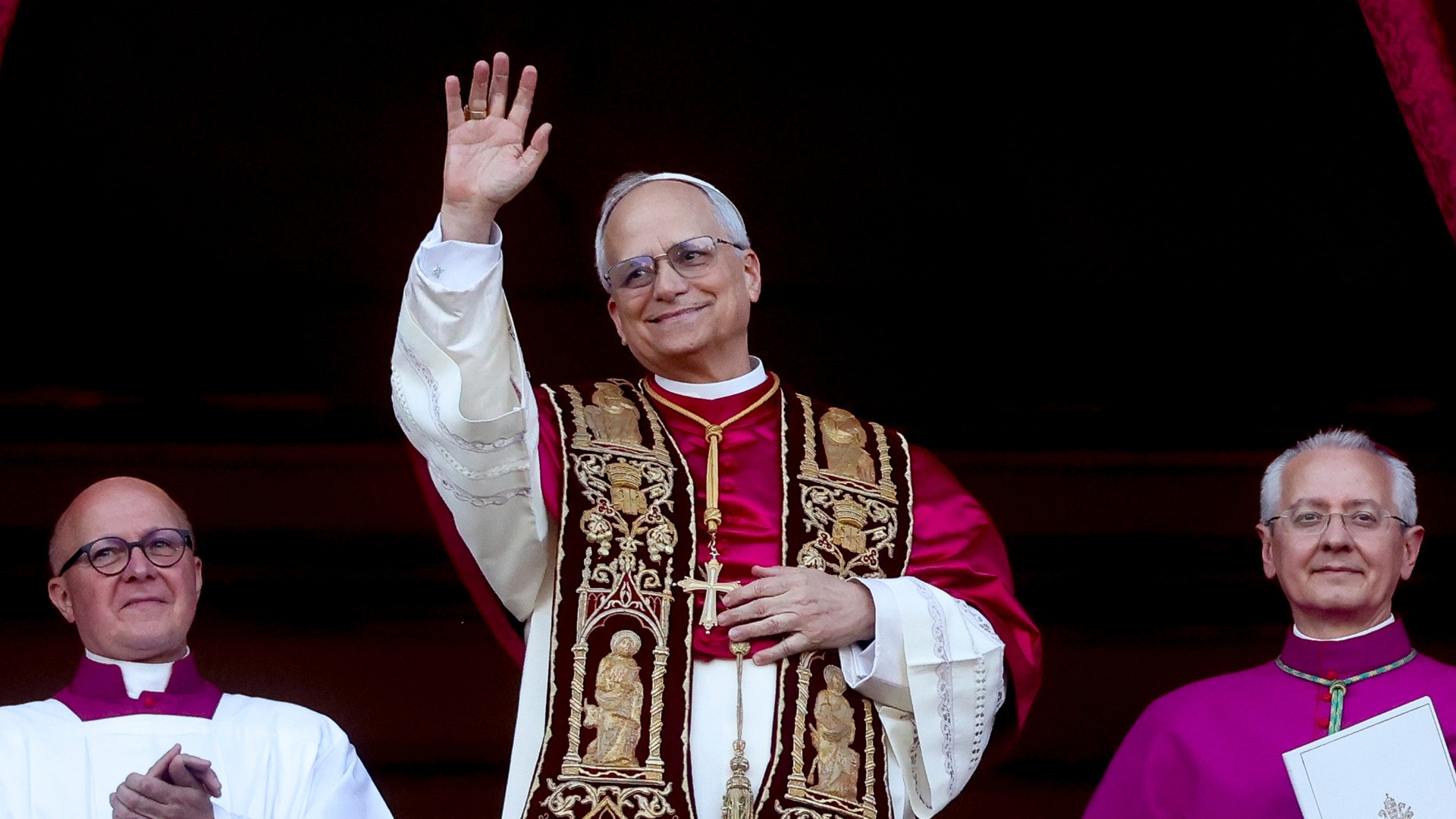
World
Don't miss out on the headlines from World. Followed categories will be added to My News.
They’re names that become immortalised in human history - popes like Francis, Benedict XVI, John Paul II - and now Leo XIV.
Like his predecessors Jorge Mario Bergoglio, Joseph Ratzinger and Karol Jozef Wojtyla, Robert Prevost took a new name overnight Thursday after he was chosen as the first American-born leader of the world’s 1.4 billion Catholics.
A crowd of tens of thousands erupted in prayer and emotion as Leo, successor to the late Francis, appeared on the balcony of St Peter’s Basilica and was introduced in Latin with his chosen papal name.
Why do popes change their names
The first act of a new pope is often to adopt a new name - it signifies a rebirth and also sets the tone for his pontificate.
Popes will often select names of their predecessors as a signal they will attempt to follow in their footsteps.
The precedent was set by the first Pope, St Peter, whose birth name was Simon.
The late Jorge Mario Bergoglio became the first Pope Francis as a nod to St Francis of Assisi, one of the most venerated figures in Christianity who had a vision where Jesus Christ told him to “repair my church”.
Leo XIV is yet to explain why he chose to become the 14th Pope of that name. But Leo XIII, an Italian whose birth name was Gioacchino Vincenzo Raffaele Luigi Pecci, was the fourth-longest serving pope (1878-1903) and known for his intellectualism and attempts to position the church in regards to modern thinking.
“To all people, wherever they are, to all peoples, to the whole Earth, peace be with you,” a smiling Leo told the crowd in the first address of his ministry.
“Help us, and each other, to build bridges through dialogue, through encounter, to come together as one people, always in peace.”
Leo’s speech was cheered, especially a section where the prelate - who spent many years in Peru - broke into Spanish, and also when he paid warm tribute to his popular predecessor Pope Francis, who died last month.
“We still keep in our ears that weak, but always courageous, voice of Pope Francis blessing Rome,” he said, referring to the ailing Argentine’s Easter Sunday address, a day before his death.
“We must seek together how to be a missionary Church, a Church that builds bridges, which hold dialogues, which is always open,” he said.
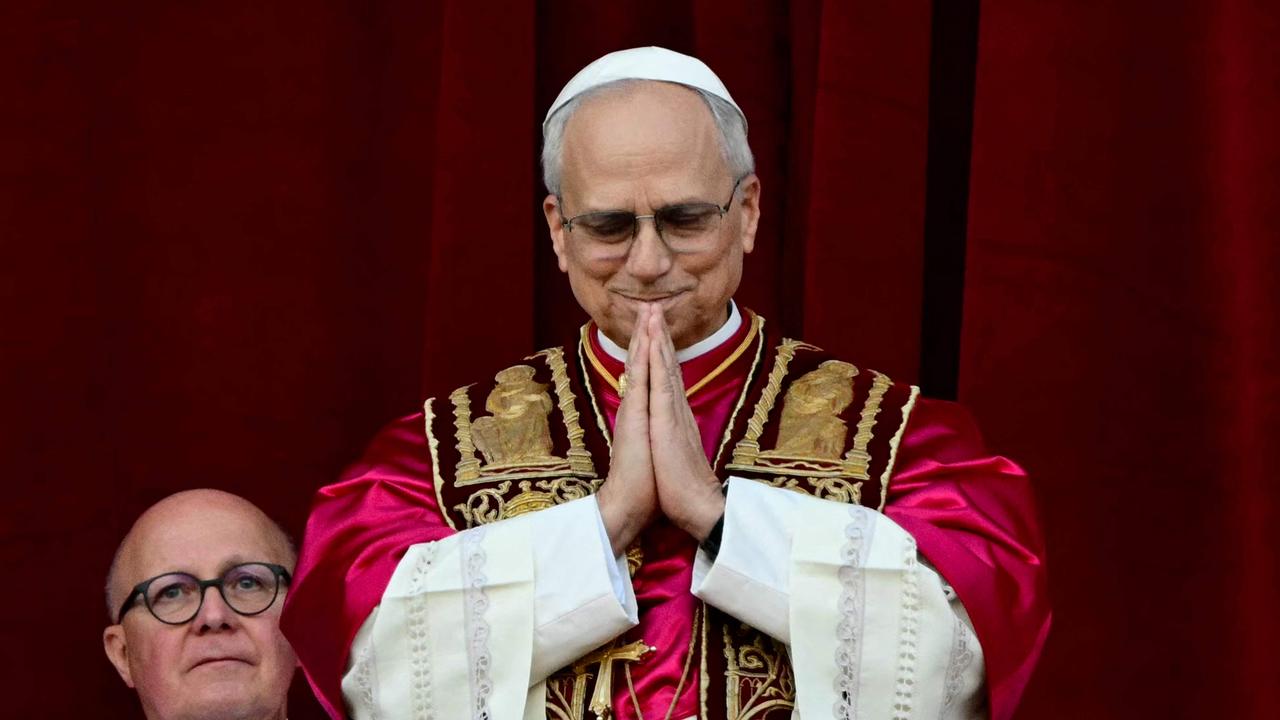
Trump says Leo’s ascension a ‘great honour’
The American’s name had circled among the “papabili” - cardinals thought qualified for the papacy - as someone who could defend and further Francis’s legacy.
But he was not a globally-recognised figure among the Catholic rank and file. World leaders raced to welcome his appointment and promise to work with the Church on global issues.
As Cardinal Prevost, the new pope had defended the poor and underprivileged, often reposted articles critical of US President Donald Trump’s anti-migrant policies, but the White House chief nevertheless welcomed the election.
“Congratulations to Cardinal Robert Francis Prevost, who was just named pope,” Trump said in a post on his social media platform.
“It is such an honour to realise that he is the first American Pope. What excitement, and what a Great Honor for our Country.” Earlier, the crowds had swelled in emotion when white smoke billowed into the sky from the Sistine Chapel chimney, signalling an election on the cardinals’ second day of voting.
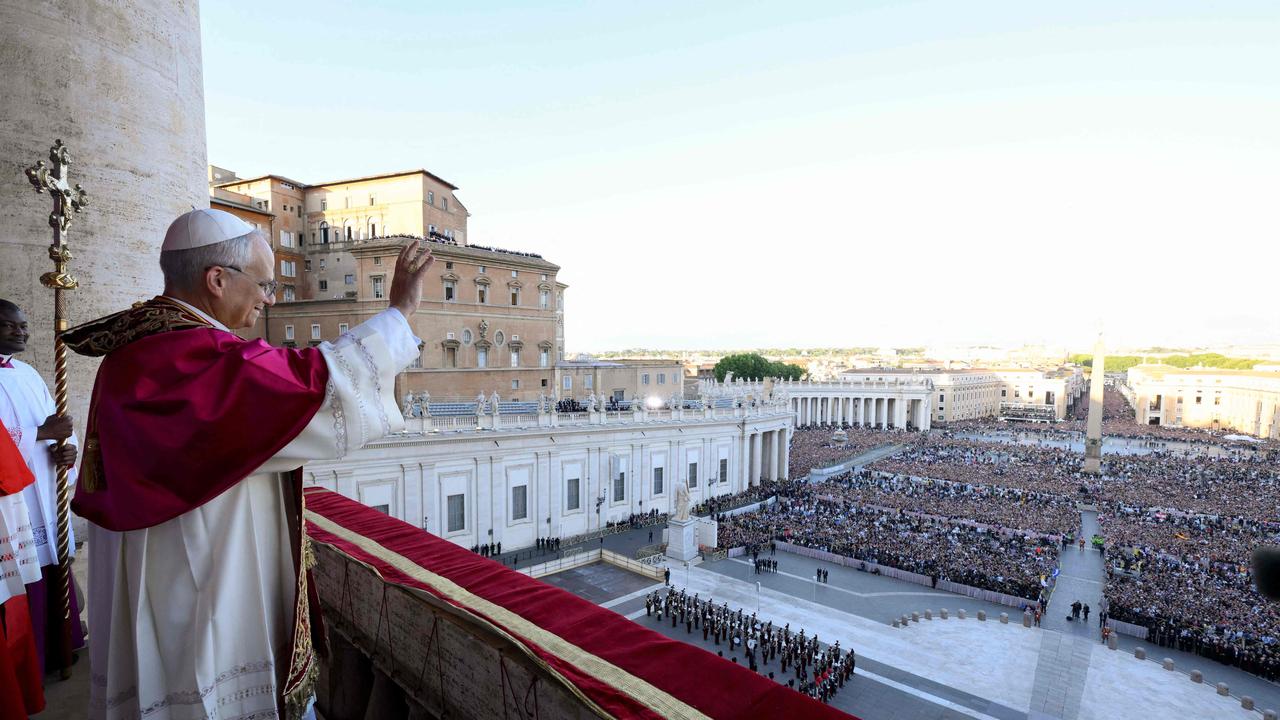
Francis died aged 88 after a 12-year papacy during which he sought to forge a more compassionate Church — but provoked anger from many conservatives with his progressive approach.
Leo XIV now faces a momentous task: as well as asserting his moral voice on a conflict-torn global stage, he must try to unite a divided Church and tackle burning issues such as the continued fallout from the sexual abuse scandal.
It was unknown how many ballots it took to elect the new pope, but the conclave followed recent history in wrapping up in less than two days.
While the details of the election will forever remain secret, the new pope had to secure at least two-thirds of votes to be elected.
The election has come at a time of great geopolitical uncertainty, which was seen as a key voting issue, along with the rifts within the Church.
Francis was a compassionate reformer who prioritised migrants and the environment, but he angered traditionalists who wanted a defender of doctrine rather than a headline-maker.
Some 80 per cent of the cardinal electors were appointed by Francis. Hailing from 70 countries around the world, it was the most international conclave ever.
The papal inauguration usually takes place less than a week after the election with a mass celebrated before political and religious leaders from around the world.
- with AFP
More Coverage
Originally published as Why popes change their names as Robert Prevost becomes Leo XIV




